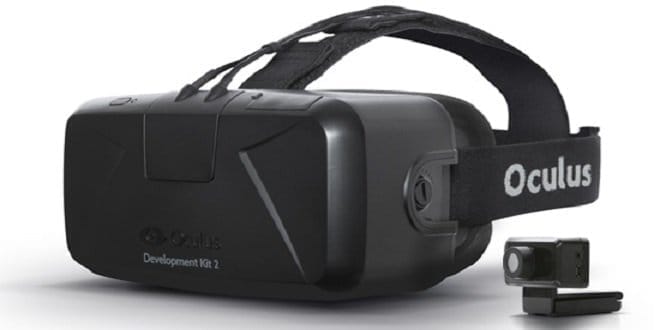A couple of days ago, Oculus VR announced the recommended specs for using the Oculus Rift. One should note that these aren't what the discern to be the minimum to run the Oculus Rift, but what the believe to be the minimum bar for the kind of experience the Oculus Rift can deliver. In other words, systems of a lower caliber will still be able to run it (to an extent), but they likely won't run as well.
Here's what Oculus is recommending:
- NVIDIA GTX 970 / AMD 290 equivalent or greater
- Intel i5-4590 equivalent or greater
- 8GB+ RAM
- Compatible HDMI 1.3 video output
- 2x USB 3.0 ports
- Windows 7 SP1 or newer
And all of this is important, according to Binstock, because even slight drops in framerate and other issues are exponentially more noticeable on the Oculus Rift. Not only noticeable, but jarring to the point of being uncomfortable. For that reason Binstock says VR places a high reliance on GPU capabilities as it is a necessity to having a game run smoothly as opposed to games played on a monitory, where dips in framerate, while still noticeable, are far less jarring than for VR.
Binstock also noted that development for the Oculus Rift on OS X and Linux has been paused:
Our development for OS X and Linux has been paused in order to focus on delivering a high quality consumer-level VR experience at launch across hardware, software, and content on Windows. We want to get back to development for OS X and Linux but we don’t have a timeline.Does this put the Oculus Rift a more of a distance to the average gamer? Do you think that the hardware may need to actually be upgraded before consumers have access to the Rift? Do you agree with their choice to forego OS X and Linux at this time to focus on Windows?






